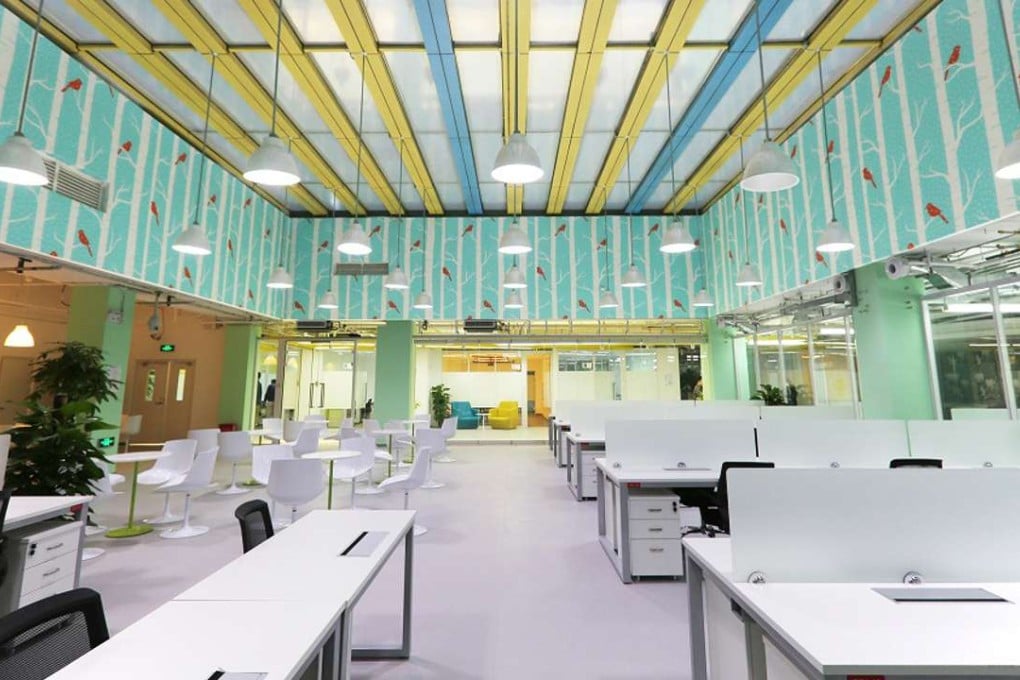Singapore’s sovereign wealth fund invests in China’s co-working space start-up 5Lmeet

Singapore’s sovereign wealth fund GIC has shown an interest in China’s burgeoning co-working space sector by joining a 100 million yuan (US$14.55 million) fundraising for a start-up founded by real estate mogul Mao Daqing.
5Lmeet, a space-sharing start-up co-founded by former China Vanke vice-chairman Mao Daqing in December 2015, announced on Monday that it has completed fresh fundraising of nearly 100 million yuan that valued the company at three billion yuan. GIC led the investment along with Kaifeng Culture Tourism Investment Group, a Chinese local government industry fund.
The funding came just three months after its Series-A fundraising in October. At that time it raised more than 400 million yuan from 14 investors that included Junzi Capital, Jinyun Electrical and Northern Light Venture Capital.
Sun Jianjun, a managing director and GIC’s China real estate business head, said in a press release that GIC made the investment because it is “upbeat” on China’s urban renewal, co-work space and real estate sector innovation.
“In mega cities like Beijing and Shanghai, innovative urban space like 5Lmeet that integrate office, living, leisure and social interaction, have long-term growth potential,” Sun said.
